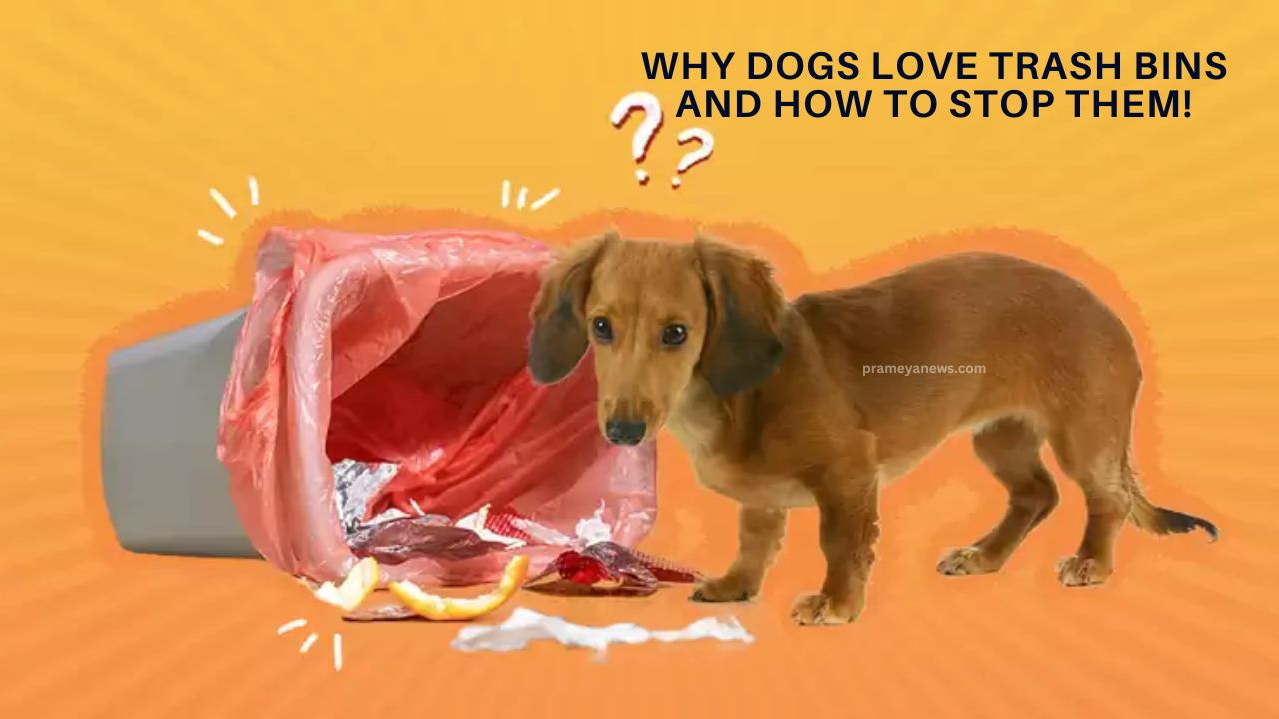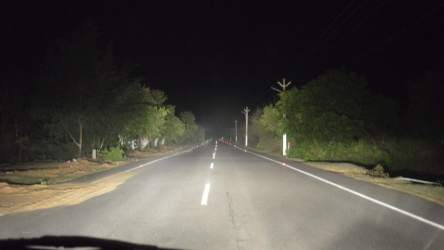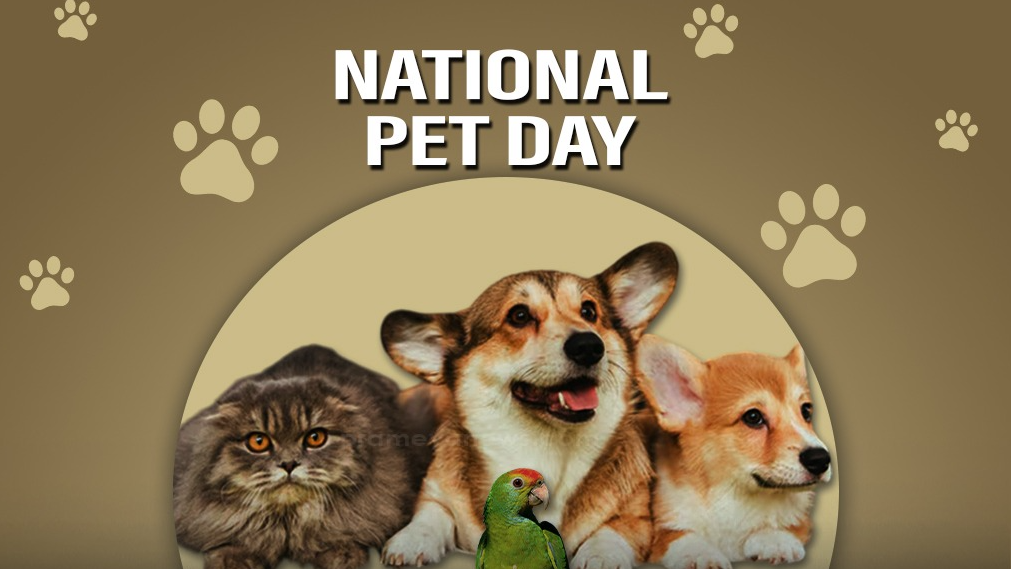Your Dog's Trash Obsession
Ever walked into a room to find the contents of your bin artistically strewn across the floor? For many dog owners, this messy scenario is frustratingly familiar. But why are dogs so drawn to garbage, and more importantly, what can be done about it? Understanding the motivations behind this common canine behaviour is the first step towards managing it.
The Alluring Aromas
From a veterinary perspective, the primary reason dogs raid bins is simple: garbage smells and tastes appealing to them. While we might recoil from the scent of day-old refuse, a dog's sense of smell is exponentially more powerful than ours. With around 300 million olfactory receptors compared to a human's mere 6 million, dogs perceive the world through scent in ways we can barely imagine. That rubbish bin, to your dog, isn't foul; it's a treasure trove brimming with the enticing aromas of leftover meat scraps, fruit cores, stale bread, and even food-smeared napkins. Their ability to detect minute traces of substances means locating last night's pizza crust is an easy task.
The Ancestral Hunt
Beyond the immediate sensory appeal, trash raiding taps into deep-seated instincts. Searching and digging for food, even when not hungry, provides dogs with a stimulating activity reminiscent of the hunt. Their ancestors, the canids who first associated with humans over 10,000 years ago, thrived by scavenging the scraps and bones left behind by human settlements. This behaviour was key to their survival and integration into human life. So, when your well-fed companion rummages through the bin, they are partly acting on these ancient scavenging impulses.
Hidden Dangers
While seemingly a harmless, albeit annoying, habit, raiding the trash can pose serious health risks to dogs. Ingesting items like plastic bags, string, cooked chicken bones (which can splinter), chemicals from cleaning product containers, or mouldy, rotten food can lead to dangerous intestinal blockages, severe gastrointestinal upset (often termed "garbage gut"), or poisoning. Sharp objects like can lids or broken glass can cause cuts in the mouth or throat. Veterinarians often treat dogs for emergencies stemming directly from consuming discarded items – sometimes requiring surgery to remove objects lodged internally for weeks.
Prevention
Training a dog to ignore the allure of the bin can be challenging, especially if they've previously been "rewarded" by finding a tasty snack during a raid. Therefore, prevention is the most effective strategy:
- Secure Bins: Invest in bins with secure lids, preferably those with latches or pedal mechanisms that dogs cannot easily operate.
- Out of Reach: If a secure bin isn't foolproof, place bins inside latched cupboards, closets, or behind closed doors where your dog cannot access them. This is especially crucial for kitchen bins containing food waste.
Tips for Pet Owners in Bhubaneswar & Odisha
Living in Bhubaneswar or other parts of Odisha presents some specific considerations:
- Street Smarts: Be extra vigilant during walks. Overflowing community bins or carelessly discarded waste on streets can be tempting. Keep your dog on a shorter leash near such areas and work consistently on a reliable "leave it" command.
- Beat the Heat: Odisha's warm climate means food waste in bins can spoil faster, potentially becoming even more pungent and attractive (and dangerous) to dogs. Dispose of food scraps, especially meat and fish, frequently or seal them tightly in separate bags before placing them in the main bin.
- Indoor Security: Reinforce the use of secure indoor bins, particularly in apartments or homes with limited outdoor space for waste storage.
- Boredom Busters: Ensure your dog gets enough physical exercise and mental stimulation. Boredom can often trigger undesirable behaviours like bin raiding. Provide puzzle toys, chews, and regular playtime to keep their minds and bodies engaged.
Understanding that trash raiding stems from powerful instincts and sensory input, rather than deliberate naughtiness, can foster patience. By implementing preventative measures, managing the environment effectively (especially considering local conditions in places like Bhubaneswar), and providing positive outlets for their energy, you can keep your furry friend safe and your floors clean.




















































